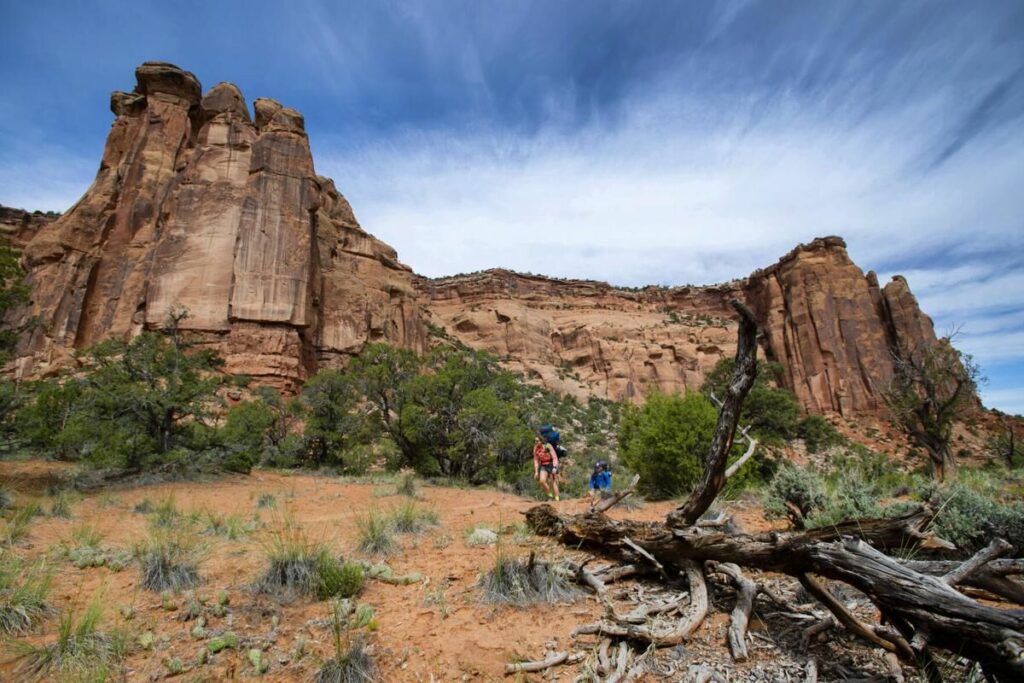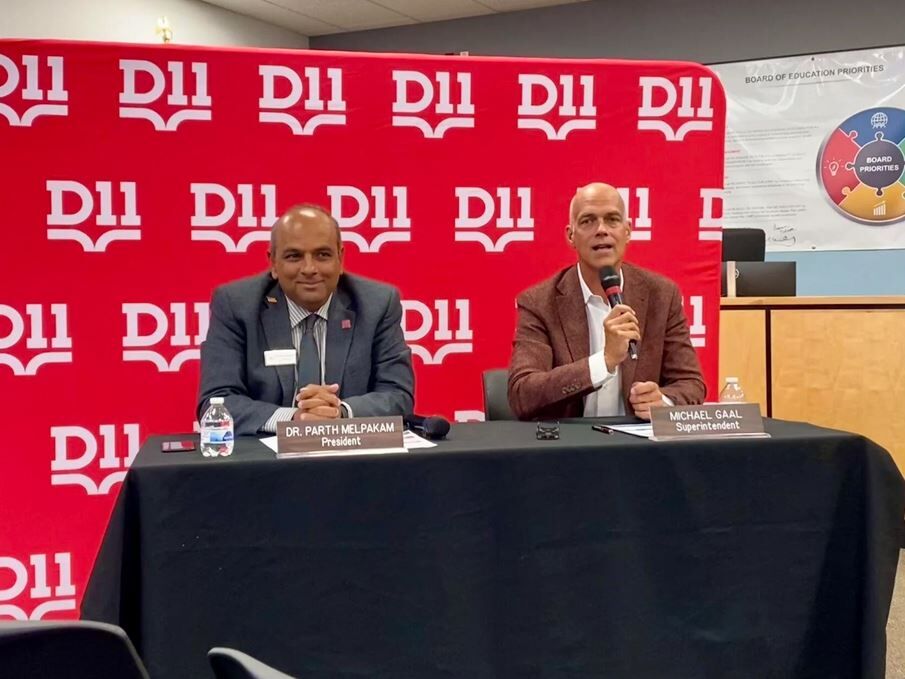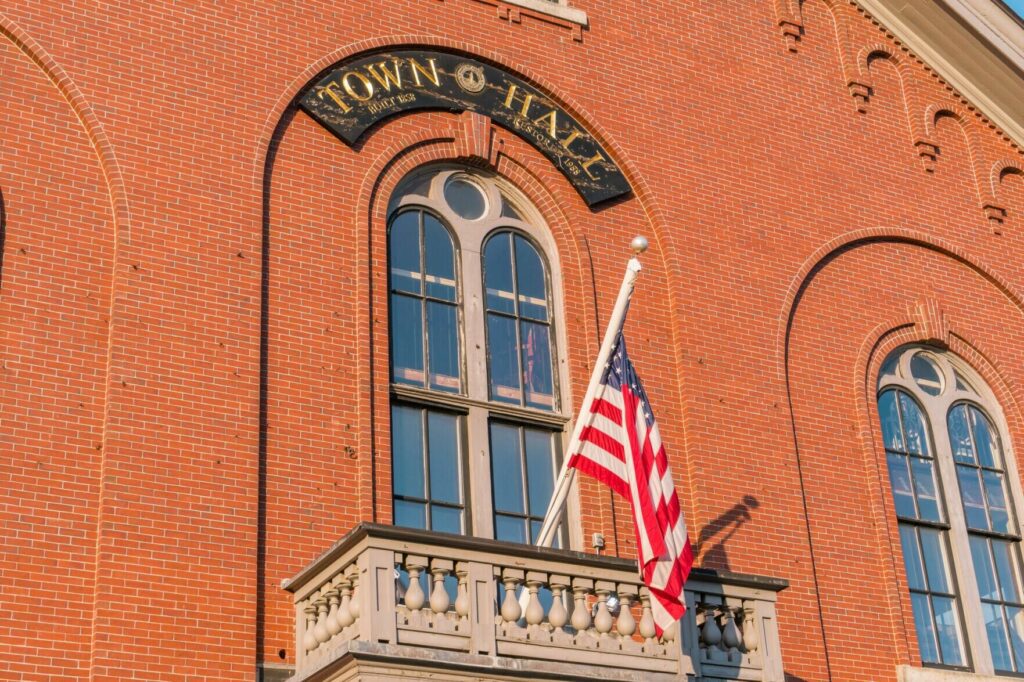Colorado Springs Gazette: New leadership, new hope at CU
Congratulations are in order for Todd Saliman after he formally took the helm last week of the four-campus University of Colorado system, the state’s most prominent institution of higher learning. Although Saliman is now officially CU’s new president, he is hardly new to CU.
He has been part of the administration since 2011 and has been CU’s interim president since last July. The Board of Regents chose him to serve in that capacity pending a national search to replace former President Mark Kennedy. Early last month, Saliman was named the sole finalist in that search, culminating in his unanimous selection by the board on Wednesday as president. Prior to that, he was CU’s chief financial officer, overseeing its budget.
A CU grad born and raised in the state, Saliman has spent his career in public policy and public service. A onetime lobbyist at the Capitol – where he counted CU among his clients – Saliman went on to serve in the legislature and on the legislature’s powerful Joint Budget Committee. He later joined the administrations of Democratic Govs. Bill Ritter and John Hickenlooper, for whom he played key roles, again, in shaping the state budget.
The upshot is Saliman knows policy, he knows numbers, and he knows CU. That’s a solid foundation for holding the reins. The hope now is that he can move the university system forward through inevitable challenges both foreseen and unforeseen, and maybe even blaze some new trails along the way.
Among the foreseen challenges is one that increasingly faces higher education throughout the country: spiraling tuition and declining affordability for students of wide-ranging echelons. A related challenge, as costs climb, is to keep college relevant to the broad range of graduating high schoolers. Education is reinventing itself whether traditional institutions accept it or not, with more affordable private technical schools and beefed-up community colleges competing with the high-price-tag big institutions for high school grads.
There also are challenges that are more specific to CU. Most notably, the partisan and acrimonious politics that led to Kennedy’s resignation. Both the Board of Regents and the CU faculty got caught up in it – and the administration wound up in the crosshairs.
Higher ed faculties are no less than an intellectual repository for all of society. It is a profound responsibility wholly apart from the day-to-day chore of running the colleges and universities where they do their work. Which is why they should focus on their role advancing learning and thought – and leave administration and governance to those who know that world.
It doesn’t always sit well with faculty when their school presidents hail from a background in business or politics or public policy. But the reality is those fields are much more likely to produce the skill set needed to competently and strategically run the “business” side of a university.
Saliman’s background bodes well in that regard. His knowledge runs deep in budgets and fiscal affairs – the nuts and bolts of higher ed (or any institution) that keep it sustainable. Meanwhile, his years working the halls of the State Capitol equip him to deftly navigate CU’s own political realm.
While Saliman already has been in the driver’s seat for a while in his interim role, his official selection as president offers a fresh start at CU. There’s plenty of reason to believe he can take the university system far. We’ll be rooting for him.
Colorado Springs Gazette editorial board












